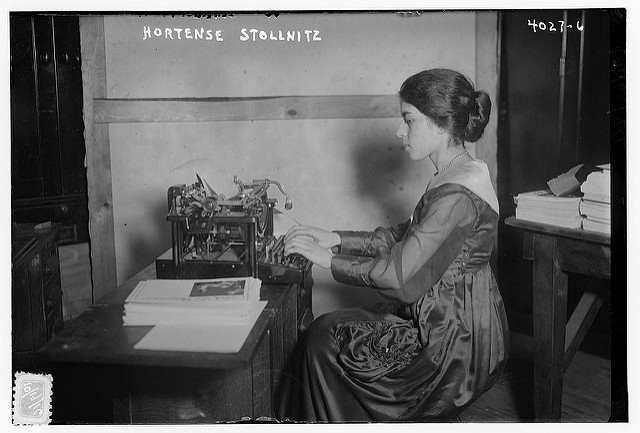
I've been enjoying a series of Write Stuff interviews our editorial team conducted recently with recipients of this year's Readers' Choice Awards.
With these annual awards, we recognize thought leaders for earning the highest engagement and visibility in key categories on JD Supra during all of the previous year. Given the accomplishment, I thought it'd be valuable to capture here some of the helpful writing insights shared by our top writers:
- Use reader data to focus your topics — from John Ingrassia at Proskauer: "[JD Supra analytics] influence what we do. When we see that certain subjects are getting more attention, we know they are interesting to our audience so we’ll focus more on those kinds of issues."
- Capture your clients' perspective — from Monica Riva Talley at Sterne Kessler: "...if I were a business owner or a brand owner, what would I need to know? What’s the key takeaway in layman’s terms? In business terms? How do I frame the issue in a way that’s relevant..."
- Titles matter — from Michelle Reed at Akin Gump: "Think about the title as the way you pitch your work to make it appeal to readers. You want people say 'I’d better read this because it is important to me and to my business.'"
- Look for ways to re-use your content — Monica Riva Talley again: "When you’ve written on a subject, it's very easy to use that material and research to put together a CLE webinar, turn it into a client presentation or update, or incorporate it into a broader client alert. It's never a ‘one and done’ situation."
- Write to learn — articulated in a number of ways in these posts, including from Stanley Foodman: "As I research and draft my articles, I'm learning new things all the time. I think there’s great benefit in that, even more so because that process gives me a better appreciation for the clients’ perspective..."
- Identify what matters — Michelle Reed again: "I think an important part of great thought leadership is identifying what really matters, and it's not always what's trendy – sometimes I read about an issue and realize that it’s is going to have a big impact. Those are the subjects I track."
- You can be helpful in 500 words — Monica Riva Talley again: "Not every article has to be a 5,000 word legal treatise to be helpful. You can write a 500-word analysis of something new and noteworthy that gets the discussion started, and that is enough."
Stay tuned as we publish more of these Q&A conversations with top thought leaders (gathered in the Write Stuff channel on JD Supra, which you can follow) — and, of course, click on any name above to read their interview in full.
*
Paul Ryplewski is VP of Client Services at JD Supra
